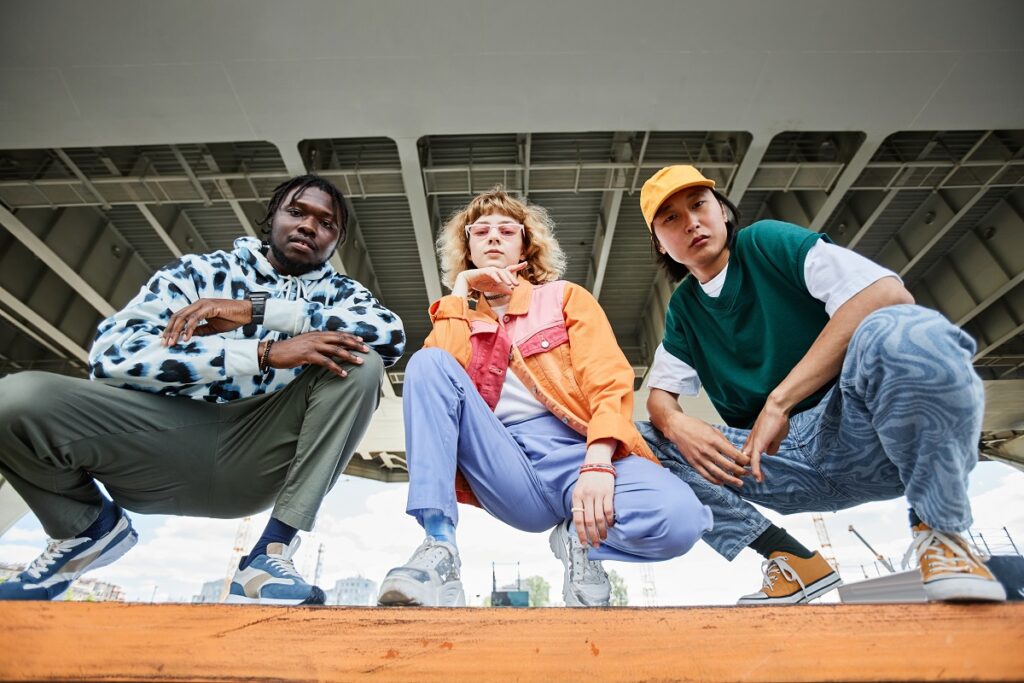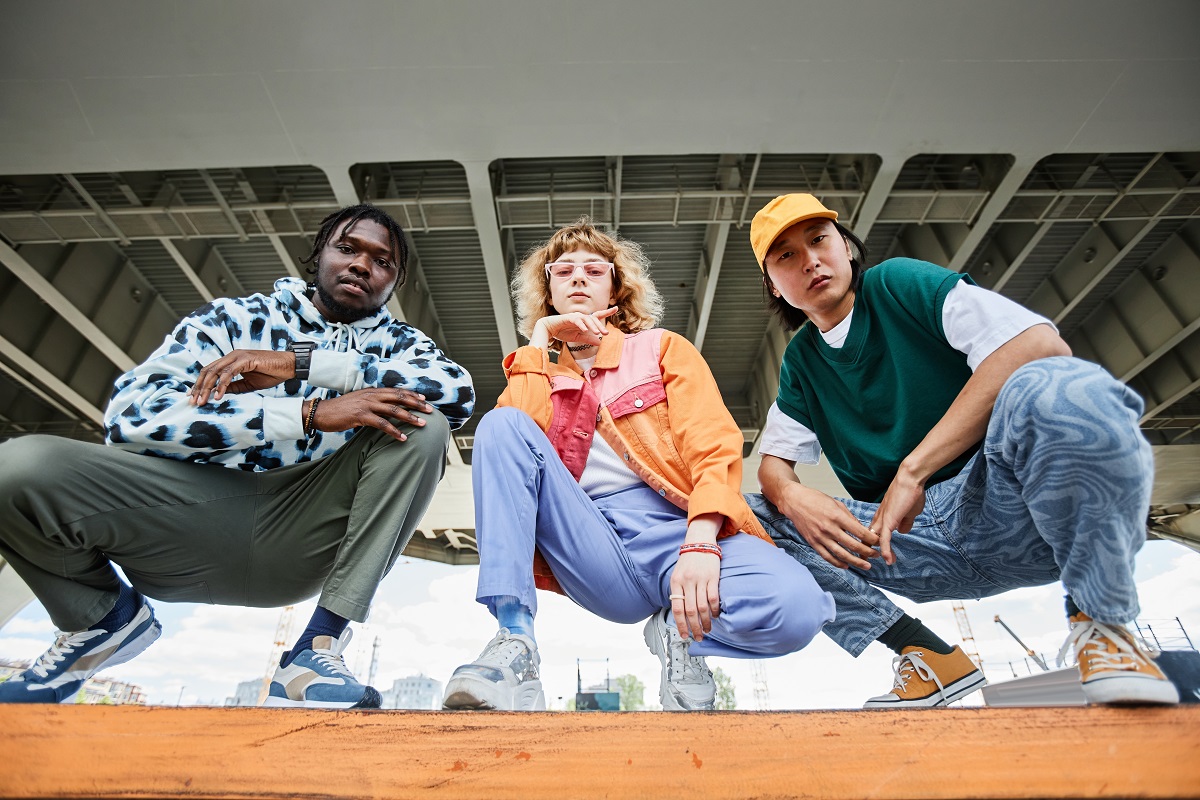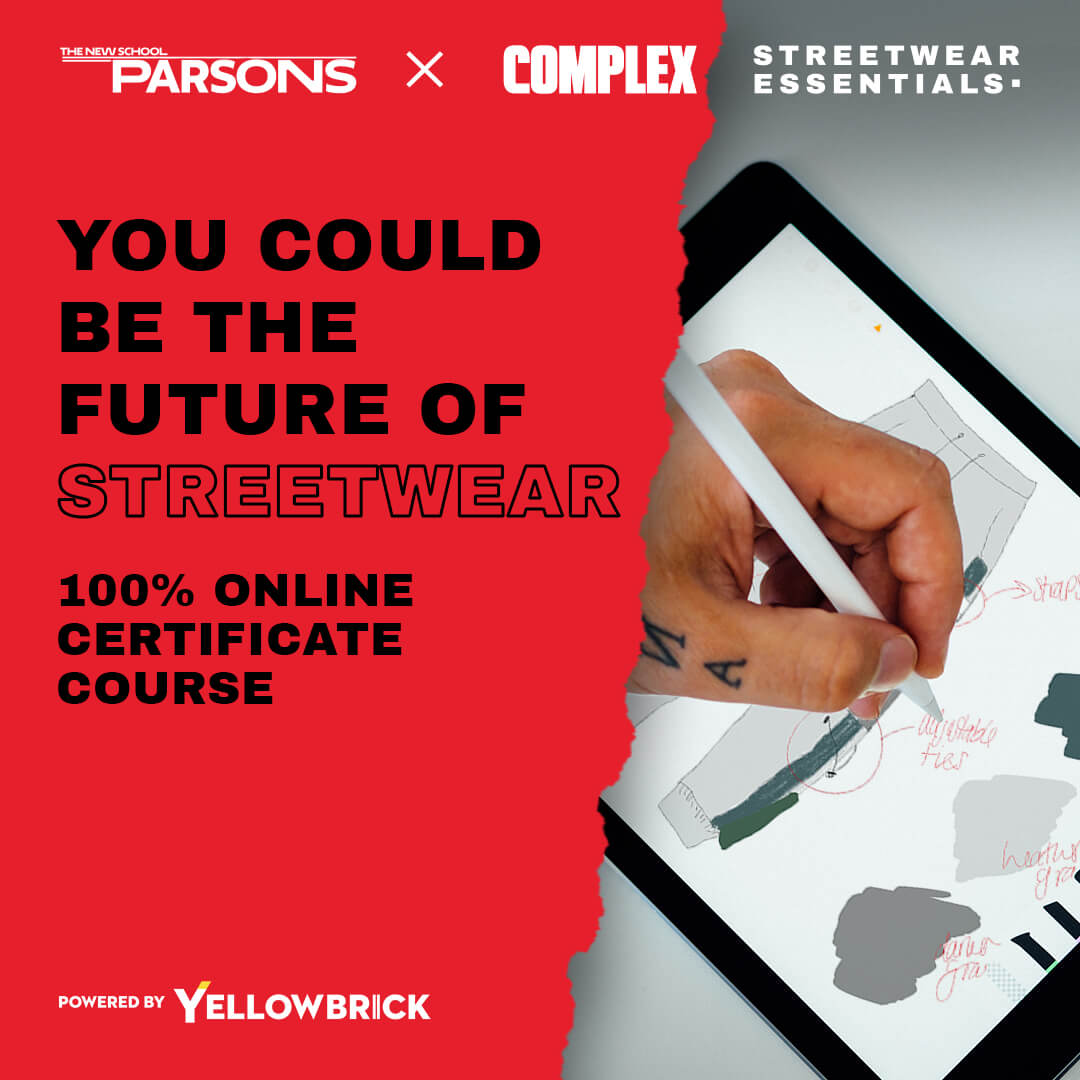In the fast-evolving world of streetwear fashion, product development is the backbone of bringing bold and trend-setting designs from concept to reality. This process involves a series of steps that require creativity, technical expertise, and a deep understanding of the culture-driven streetwear industry.
Whether you’re an emerging designer or an established professional looking to refine your approach, mastering streetwear fashion product development strategies is crucial for staying ahead in this highly competitive and fast-paced industry.
Streetwear Fashion Designer
One of the most sought-after roles in the streetwear industry is that of a designer. Streetwear designers are responsible for crafting unique and culturally relevant apparel that resonates with their audience.
They collaborate closely with product development teams to ensure each design aligns with the brand’s aesthetic and quality standards. To succeed in this role, a strong sense of urban fashion trends, innovative design skills, and a deep understanding of youth culture are essential.
Product Developer
Product developers play a crucial role in ensuring streetwear pieces come to life efficiently and cost-effectively. They oversee the production process, ensuring that garments meet quality standards while staying within budget and timeline constraints.
Working closely with designers, merchandisers, and manufacturers, product developers must have strong project management skills, an eye for detail, and a deep understanding of fabric selection and garment construction tailored to streetwear aesthetics.
Merchandiser
Merchandisers in the streetwear industry analyze market trends, cultural shifts, and consumer behavior to curate the best product assortment for a brand. They work with designers and product developers to create cohesive collections that appeal to streetwear enthusiasts.
A solid understanding of hype culture, limited-edition drops, and collaborations with influencers or celebrities is vital to thrive in this role.
Production Manager
Production managers ensure that streetwear products are manufactured efficiently without compromising on quality. They coordinate with factories, suppliers, and internal teams to meet deadlines and resolve production issues.
Given the nature of streetwear, which often involves high-quality materials, intricate detailing, and limited production run, strong problem-solving skills and industry connections are crucial.
Sourcing Specialist
Sourcing specialists play a pivotal role in finding high-quality fabrics, trims, and manufacturers that align with the brand’s vision. They negotiate pricing, production timelines, and quality standards to ensure that streetwear garments are made sustainably and affordably.
Success in this role requires a strong network, knowledge of ethical sourcing, and a keen understanding of textile innovation.
Quality Assurance Manager
Quality assurance managers ensure that every piece of clothing meets the brand’s quality standards. This is especially important in streetwear, where attention to detail and premium craftsmanship often define a brand’s reputation. Responsibilities include quality control checks, working with suppliers to resolve defects, and maintaining consistency across different production batches.
Trend Forecaster
Trend forecasters analyze consumer behavior, emerging subcultures, and global fashion movements to predict what will define the next wave of streetwear. They provide crucial insights to designers and merchandisers to help shape future collections. A strong background in market research, social media trends, and street culture is essential for success in this role.
Textile Designer
Textile designers create innovative prints, patterns, and textures that give streetwear garments their distinctive look. They collaborate with designers to develop unique fabric treatments such as tie-dye, distressed finishes, and custom graphics.
Strong creative skills, knowledge of textile production processes, and an understanding of streetwear’s signature aesthetics are necessary to excel in this role.
Fashion Illustrator
Fashion illustrators bring streetwear concepts to life through visual representations. Their sketches help designers and product developers refine their ideas before production.
A successful illustrator in the streetwear industry must have a strong artistic ability, a grasp of contemporary street culture, and an understanding of digital design tools.
Retail Buyer
Retail buyers in streetwear fashion select and purchase products for stores or online platforms. They analyze sales data, streetwear trends, and cultural shifts to curate collections that will resonate with consumers. Strong negotiation skills, industry knowledge, and the ability to anticipate what styles will gain traction in the market are crucial for success.
Conclusion
Streetwear product development is a dynamic and multifaceted process requiring collaboration, innovation, and strategic thinking. By mastering the strategies outlined above, you can establish yourself as a key player in the streetwear fashion industry.
Whether you aspire to be a designer, product developer, merchandiser, or any other role in this space, refining your skills and staying ahead of cultural trends will set you apart in this highly competitive market.
Key Takeaways:
- Streetwear product development requires a fusion of creativity, technical knowledge, and industry expertise.
- Roles such as designer, product developer, merchandiser, and sourcing specialist are crucial in bringing streetwear collections to life.
- Success in the streetwear industry depends on staying ahead of cultural trends, mastering garment construction techniques, and maintaining quality standards.
Continuing education, such as the Parsons Streetwear Essentials online course and certificate program offered by Yellowbrick, can further enhance your skills and knowledge in the field.




